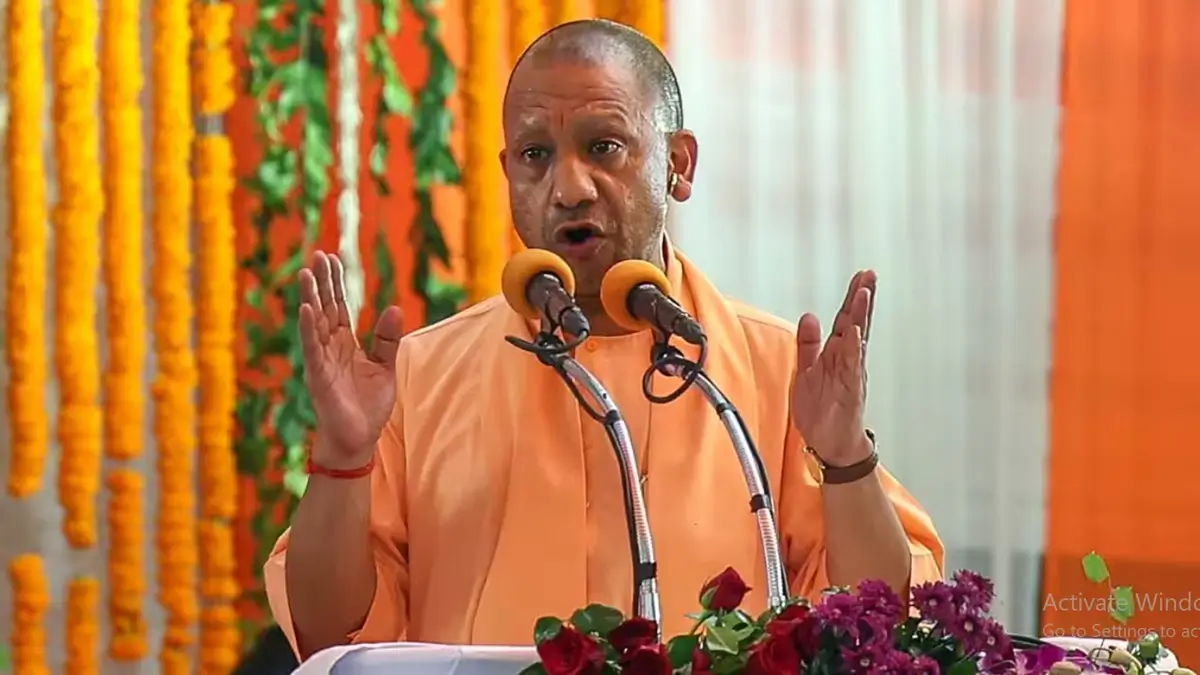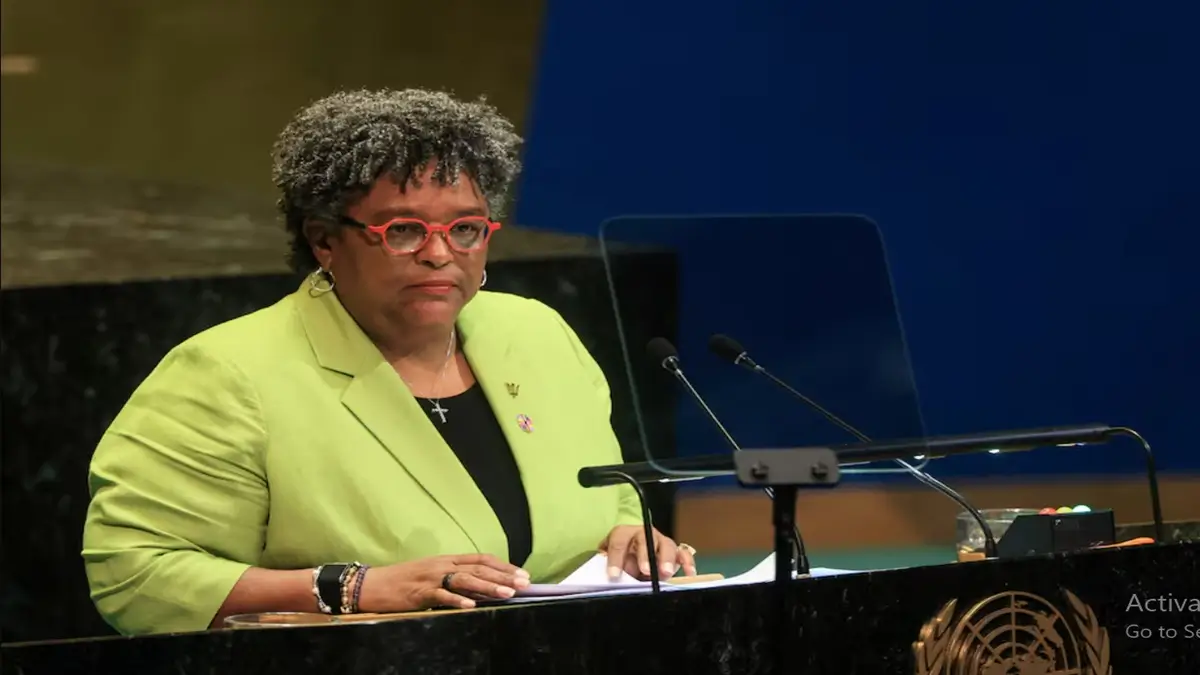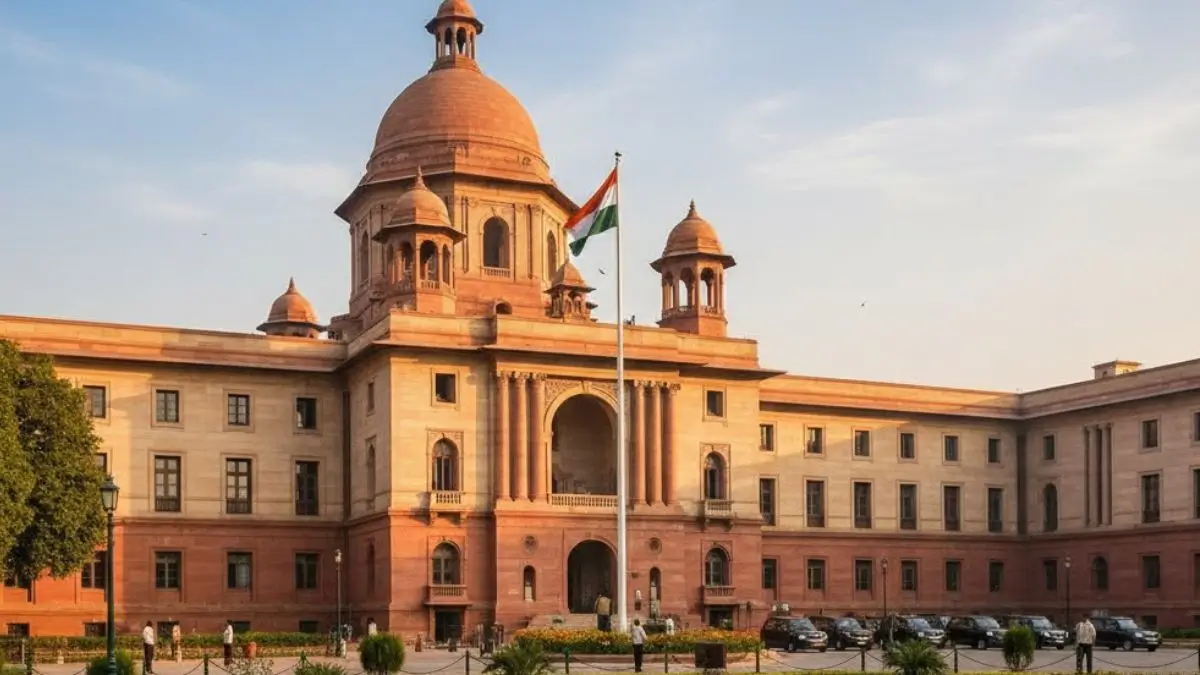Former Spy Chief Sworn In as New Dutch Prime Minister with Mission to Curb Asylum
Introduction
In a significant political development, the Netherlands has sworn in a new Prime Minister, a former spy chief, with a key agenda to address and curb asylum issues. This transition marks a crucial point in Dutch politics, especially concerning the country’s stance on immigration and asylum policies.
Swearing-In Ceremony
The new Dutch Prime Minister, whose experience in intelligence and security has been widely recognized, took the oath of office in a formal ceremony. The event was attended by prominent political figures and dignitaries, highlighting the importance of this political shift. The new PM’s background in espionage is expected to bring a unique perspective to the country’s leadership.
Mission to Curb Asylum
One of the foremost tasks outlined by the new Prime Minister is to implement stricter asylum policies. The agenda aims to address the growing concerns around immigration and asylum seekers in the Netherlands. The new administration has pledged to introduce measures that will ensure more stringent checks and balances on asylum applications, aiming to maintain national security and social stability.
Policy Changes and Reforms
The incoming government is expected to propose several reforms in the asylum process. These include faster processing times, more rigorous background checks, and increased collaboration with European Union partners to manage asylum flows. The goal is to create a more efficient and secure system that can handle asylum applications without compromising on the nation’s security.
Public and Political Reactions
The appointment of the former spy chief as Prime Minister has sparked mixed reactions among the public and political circles. Supporters argue that his expertise in security and intelligence will be beneficial in addressing the asylum crisis effectively. However, critics express concerns about potential human rights issues and the balance between security and compassion in asylum policies.
Future Implications
The new Prime Minister’s approach to asylum policies is likely to have significant implications for the Netherlands and its role in the European Union. It may set a precedent for other EU countries dealing with similar issues, potentially influencing broader regional policies on immigration and asylum seekers.

Why This News is Important
Impact on Immigration Policies
The appointment of a former spy chief as the Prime Minister with a mission to curb asylum highlights a pivotal shift in Dutch immigration policies. This news is crucial as it underscores the increasing focus on security in managing asylum applications, reflecting broader European trends.
National Security Concerns
Given the new PM’s background in intelligence, the emphasis on national security in asylum policies is particularly noteworthy. This approach aims to address public concerns about safety and security, making it an important development for citizens and policymakers alike.
Influence on European Union Policies
The Netherlands’ new stance on asylum could influence immigration policies across the European Union. As a key member state, the Netherlands’ approach may serve as a model for other countries facing similar challenges, impacting regional cooperation and policy alignment.
Socio-Political Reactions
The mixed reactions from the public and political entities highlight the complex nature of asylum and immigration issues. Understanding these dynamics is essential for government exam aspirants, as it provides insights into policy-making and governance challenges.
Examination Relevance
For students preparing for government exams, this news provides a relevant case study on contemporary political developments, immigration policies, and national security concerns. It offers a comprehensive view of the interconnectedness of domestic and international policies.
Historical Context
Background on Dutch Asylum Policies
The Netherlands has a long history of managing asylum seekers, with policies evolving over decades. Traditionally, the country has been known for its liberal stance on immigration, providing refuge to those fleeing persecution. However, recent years have seen a shift towards more controlled and secure measures in response to increasing asylum applications.
Role of the Prime Minister
The position of the Dutch Prime Minister has historically been pivotal in shaping national policies, including those on immigration. Previous administrations have balanced humanitarian concerns with security needs, reflecting the complex nature of asylum issues in the country.
European Union’s Stance on Asylum
The European Union has been working collectively to address asylum and immigration challenges. The Netherlands, as an EU member, has been part of this collective effort, adhering to EU regulations while also shaping its national policies to address specific concerns.
Security and Intelligence in Governance
The appointment of a former spy chief as Prime Minister underscores the increasing importance of security and intelligence in governance. This trend reflects a broader shift in many countries where security expertise is increasingly valued in addressing national and international challenges.
Key Takeaways from “Former Spy Chief Sworn In as New Dutch Prime Minister with Mission to Curb Asylum”
| Serial Number | Key Takeaway |
|---|---|
| 1 | The Netherlands has a new Prime Minister, a former spy chief, tasked with curbing asylum issues. |
| 2 | The new PM’s background in intelligence is expected to influence stricter asylum policies. |
| 3 | Proposed reforms include faster processing times and more rigorous background checks for asylum seekers. |
| 4 | The new administration aims to balance national security with efficient asylum management. |
| 5 | This development could impact the Netherlands’ role in the EU and influence regional asylum policies. |
Important FAQs for Students from this News
1. Who is the new Prime Minister of the Netherlands?
The new Prime Minister of the Netherlands is a former spy chief who has been sworn in with a mission to curb asylum issues.
2. What is the primary focus of the new Prime Minister’s agenda?
The primary focus of the new Prime Minister’s agenda is to implement stricter asylum policies to address national security and immigration concerns.
3. What are some of the proposed reforms in the asylum process?
Proposed reforms include faster processing times, more rigorous background checks, and increased collaboration with European Union partners to manage asylum flows.
4. How has the public reacted to the new Prime Minister’s appointment?
The appointment has sparked mixed reactions. Supporters believe his security expertise will be beneficial, while critics are concerned about potential human rights issues.
5. Why is this news significant for European Union policies?
The Netherlands’ new stance on asylum could influence immigration policies across the European Union, potentially setting a precedent for other member states.
Some Important Current Affairs Links

















